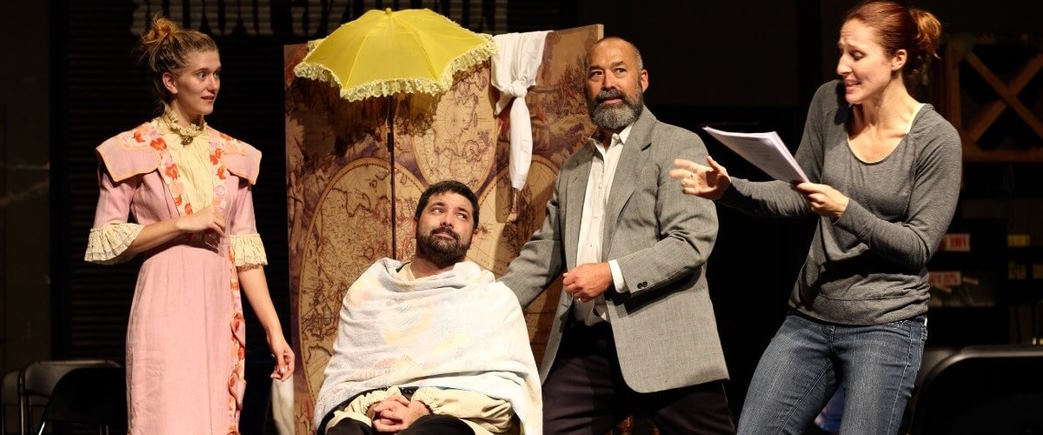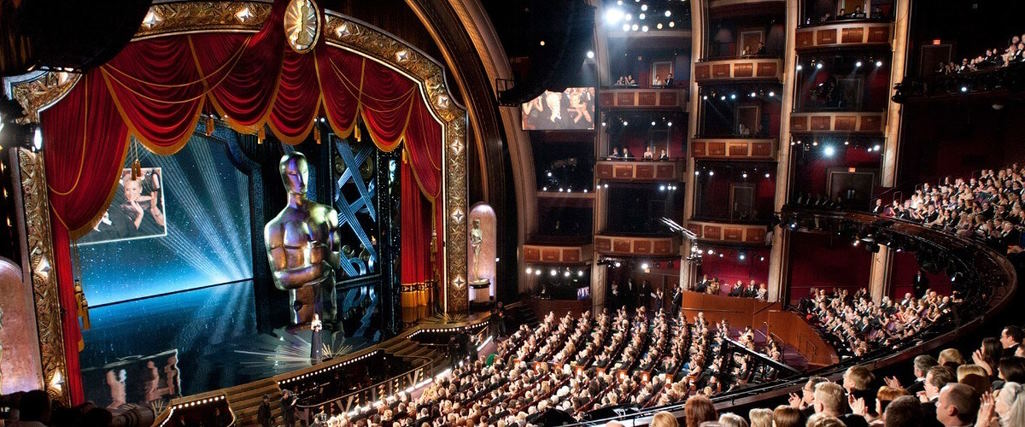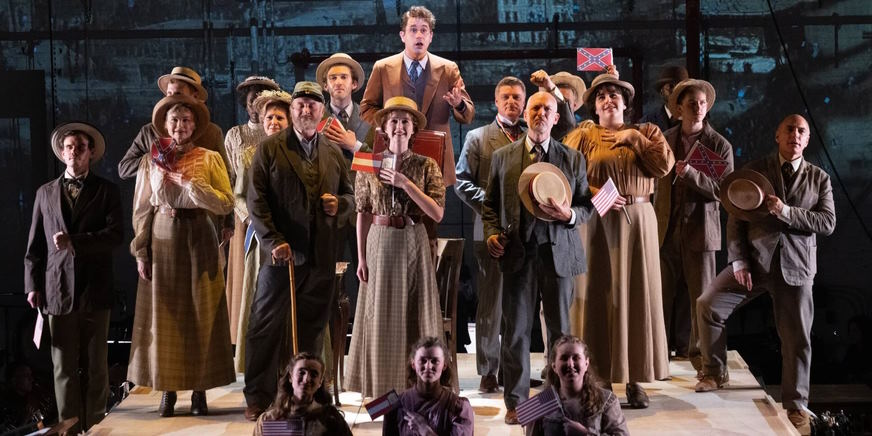
Exploring the World of Theatre Performances: From Stage to Screen
Theatre has been an integral part of human culture for centuries, with performances ranging from ancient Greek tragedies to modern musicals. In this article, we’ll dive into the exciting world of theatre performances, from the skills required to create a successful production to the different forms of theatre and how they have evolved.
The Art of Performance
Theatre performances are an art form that requires a wide range of skills and expertise to create a captivating experience for the audience. Actors are the backbone of any theatre production, using their skills to embody the characters they portray and bring the story to life. From vocal projection and physical movement to emotional range and improvisation, actors must have diverse skills to create a compelling performance.
Beyond acting, there are many other important aspects of theatre performance, such as set design, lighting, sound, and costume design. Each of these elements contributes to the overall atmosphere of the production, helping to transport the audience into the world of the play.

Different Forms of Theatre
Theatre performances come in many forms, each with unique styles and characteristics. Here are some of the most popular forms of theatre:
Traditional Theatre
This type of theatre involves performances on a stage, usually in front of a live audience. The stage is often adorned with elaborate sets and costumes, and the performers rely heavily on their physical and emotional range to create a powerful performance.
Site-Specific Theatre
This form of theatre occurs in non-traditional spaces such as parks, abandoned buildings, and other unconventional locations. Performances are often immersive, with the audience interacting with the performers and environment in new and exciting ways.

Musical Theatre
Musicals combine music, dance, and acting to create a unique form of theatre. They are known for their catchy songs, elaborate dance numbers, and elaborate sets and costumes.
Experimental Theatre
Experimental theatre is characterised by unconventional techniques and styles, pushing the boundaries of traditional theatre. It often incorporates multimedia elements such as video and projection and can interact highly with the audience.
The Evolution of Theatre
The theatre has come a long way since its earliest days, with new forms and techniques emerging over time. One of the most significant changes in recent years has been the move towards digital theatre, where performances are recorded and streamed online. It allowed theatres to reach a wider audience and opened up new collaboration and experimentation opportunities.
Another significant development in theatre has been the increasing diversity and representation on stage. Many productions are now actively seeking to include a wider range of voices and experiences, from gender and racial diversity to exploring new and alternative forms of theatre.
Theatre performances offer a unique and exciting form of art, requiring a range of skills and expertise to create a compelling experience for the audience. From traditional theatre to experimental forms and digital performances, the theatre continues to evolve and push the boundaries of what is possible.
